“Aluminum Sulphate 500gm” has been added to your cart. View cart
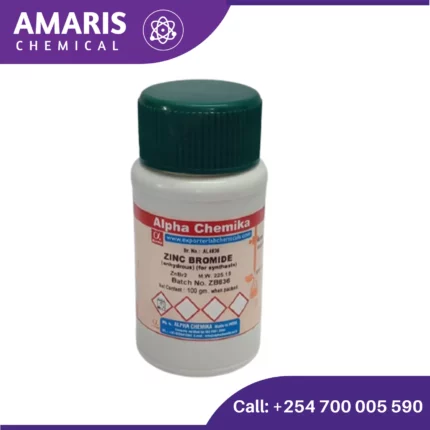
Zinc Bromide 250gm
$2,500.00 Original price was: $2,500.00.$2,300.00Current price is: $2,300.00.
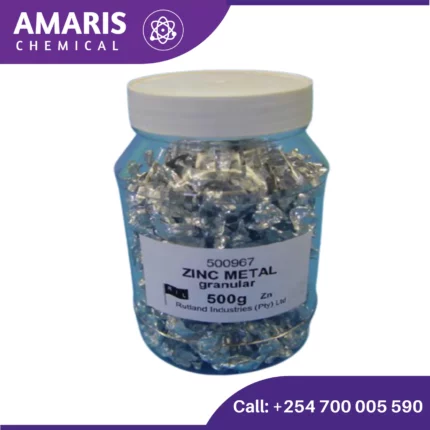
Zinc Metal Granular 500gm
$650.00 Original price was: $650.00.$600.00Current price is: $600.00.
Zinc Hydroxide 250gm
$650.00 Original price was: $650.00.$600.00Current price is: $600.00.
Whatsapp Order
Zinc hydroxide is a white, powdery compound with the formula Zn(OH)₂. It appears as a fine, odorless, and insoluble solid. In terms of its properties, it’s amphoteric, meaning it can react both as an acid and as a base.
SKU:
ACS39455CHEM0
Category: Analytical Reagents
Description
Uses of Zinc Hydroxide
- Analytical Chemistry: It’s employed in qualitative analysis to detect the presence of certain anions. Its amphoteric nature allows it to react with both acids and bases, aiding in the identification of other compounds.
- Precipitation Reactions: Zinc hydroxide can be used in precipitation reactions to isolate and purify other zinc compounds.
- Catalysis: It serves as a catalyst in various chemical reactions due to its ability to facilitate reactions involving both acidic and basic conditions.
- Material Science: It’s used in experiments related to the development of new materials, particularly in studies involving metal oxides and hydroxides.
- Environmental Studies: It helps in the study of water treatment processes and the removal of contaminants from water samples.
Reviews (0)
Be the first to review “Zinc Hydroxide 250gm” Cancel reply
Related products
Aluminum Ammonium Sulphate
Aluminum ammonium sulfate, also known as ammonium alum or just alum, is a chemical compound with the formula (NH4)Al(SO4)2·12H2O. It's a white crystalline solid commonly used in water purification, leather tanning, and as a mordant in dyeing textiles.
In water purification, alum acts as a coagulant to remove impurities by causing suspended particles to clump together, making it easier for filtration to remove them. In leather tanning, it helps to stabilize the leather by tightening the collagen fibers. And in dyeing textiles, alum helps the dye adhere to the fabric.
However, it's important to note that excessive exposure to aluminum compounds like alum can be harmful, so it's typically used with caution and proper safety measures.
Aluminum Carbonate 250g
Aluminum carbonate is a chemical compound with the formula Al2(CO3)3. It is a white, crystalline solid that is insoluble in water. Aluminum carbonate is not commonly encountered in pure form due to its high instability, especially in the presence of water and carbon dioxide. Instead, it tends to decompose into aluminum hydroxide and carbon dioxide when exposed to moisture or acidic conditions.
Aluminum Hydroxide 250gm
Aluminium hydroxide is a chemical compound with the formula Al(OH)3. It is an inorganic compound that is commonly used as an antacid to neutralize excess stomach acid, as well as a component in the manufacture of various products, such as ceramics, paper, and cosmetics. It is a white, powdery substance that is insoluble in water and has a low toxicity. When heated, it decomposes to produce aluminium oxide, or alumina, which is used in the production of aluminium metal.
Ammonia Acetate
Ammonium acetate (NH4C2H3O2) is a chemical compound with various applications and properties. Here are some key points about it:
Properties
- Chemical Formula: NH4C2H3O2
- Molecular Weight: 77.08 g/mol
- Appearance: White, crystalline solid
- Solubility: Highly soluble in water
- Melting Point: Decomposes upon heating
Ammonia Solution 2.5litres
An ammonia solution is a solution of ammonia (NH3) gas dissolved in water. It is a clear, colorless liquid with a pungent odor and a basic pH. The concentration of ammonia in the solution can vary, and is typically expressed in terms of percent by weight or by volume.
Ammonia solutions are commonly used in a variety of applications, including cleaning agents, fertilizers, and as a precursor to other chemicals. They are also used in industrial processes such as refrigeration, gas purification, and water treatment. Ammonia solutions can be dangerous if not handled properly, as they are highly corrosive and can release toxic fumes if mixed with certain chemicals


 Emollients
Emollients Humectants
Humectants UV Filters
UV Filters Surfactants (cosmetic)
Surfactants (cosmetic) Preservatives (cosmetic)
Preservatives (cosmetic) Fragrances and Essential Oils
Fragrances and Essential Oils Antioxidants (cosmetics)
Antioxidants (cosmetics)
 Solvents (lab)
Solvents (lab) Chromatography Chemicals
Chromatography Chemicals Microbiology and Cell Culture Reagents
Microbiology and Cell Culture Reagents Biochemical Reagents
Biochemical Reagents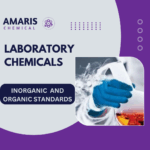 Inorganic and Organic Standards
Inorganic and Organic Standards LABORATORY EQUIPMENT & APPARATUS
LABORATORY EQUIPMENT & APPARATUS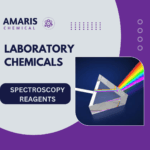 Spectroscopy Reagents
Spectroscopy Reagents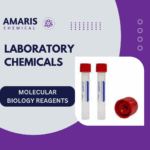 Molecular Biology Reagents
Molecular Biology Reagents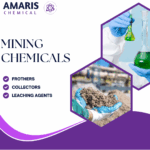
 Precious Metal Extraction Agents
Precious Metal Extraction Agents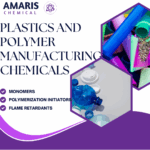
 Plasticizers
Plasticizers Polymerization Initiators
Polymerization Initiators Stabilizers
Stabilizers Monomers
Monomers Fillers and Reinforcements
Fillers and Reinforcements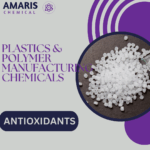 Antioxidants (plastics)
Antioxidants (plastics) Colorants (plastic pigments,Dyes)
Colorants (plastic pigments,Dyes)
 Fertilizers
Fertilizers Plant Growth Regulators
Plant Growth Regulators Soil Conditioners
Soil Conditioners Animal Feed Additives
Animal Feed Additives Biostimulants
Biostimulants
 Dough Conditioners
Dough Conditioners Flour Treatments
Flour Treatments Fat Replacers
Fat Replacers Preservatives (baking)
Preservatives (baking)
 Surfactants (cleaning)
Surfactants (cleaning) Builders
Builders Bleaching Agents
Bleaching Agents Enzymes
Enzymes Solvents (cleaning)
Solvents (cleaning) Fragrances
Fragrances Disinfectant
Disinfectant Metal cleaning
Metal cleaning
 Binders/Resins
Binders/Resins Pigments
Pigments Solvents (paint)
Solvents (paint) Additives
Additives Driers
Driers Anti-Corrosion Agents
Anti-Corrosion Agents Specialty Coatings
Specialty Coatings Functional Coatings
Functional Coatings Application-Specific Coatings
Application-Specific Coatings
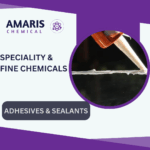 Sealants and Adhesives
Sealants and Adhesives
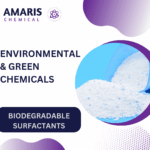 Biodegradable Surfactants
Biodegradable Surfactants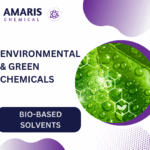 Bio-based Solvents
Bio-based Solvents Renewable Polymers
Renewable Polymers Carbon Capture Chemicals
Carbon Capture Chemicals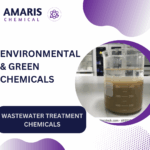 Wastewater Treatment Chemicals
Wastewater Treatment Chemicals
 Preservatives (food)
Preservatives (food) Flavor Enhancers
Flavor Enhancers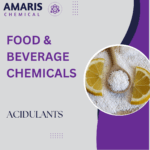 Acidulants
Acidulants Sweeteners
Sweeteners Emulsifiers
Emulsifiers Antioxidants (food)
Antioxidants (food) Colorants (food)
Colorants (food) Nutrient Supplements
Nutrient Supplements Nutraceutical Ingredients
Nutraceutical Ingredients
 Fresh Herbs
Fresh Herbs Whole Spices
Whole Spices Ground Spices
Ground Spices Spice Blends
Spice Blends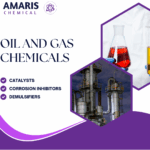
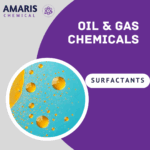 Surfactants(oil)
Surfactants(oil)
 Antibiotics
Antibiotics Active Pharmaceutical Ingredients
Active Pharmaceutical Ingredients Excipients
Excipients Vaccine Adjuvants
Vaccine Adjuvants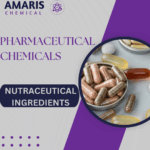 Nutraceutical Ingredients
Nutraceutical Ingredients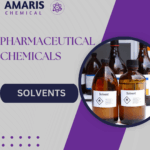 Solvents (pharmaceutical)
Solvents (pharmaceutical)
 Automotive chemicals
Automotive chemicals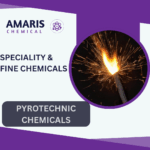 Pyrotechnic Chemicals
Pyrotechnic Chemicals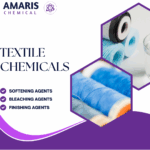
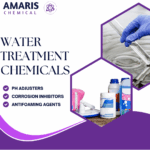

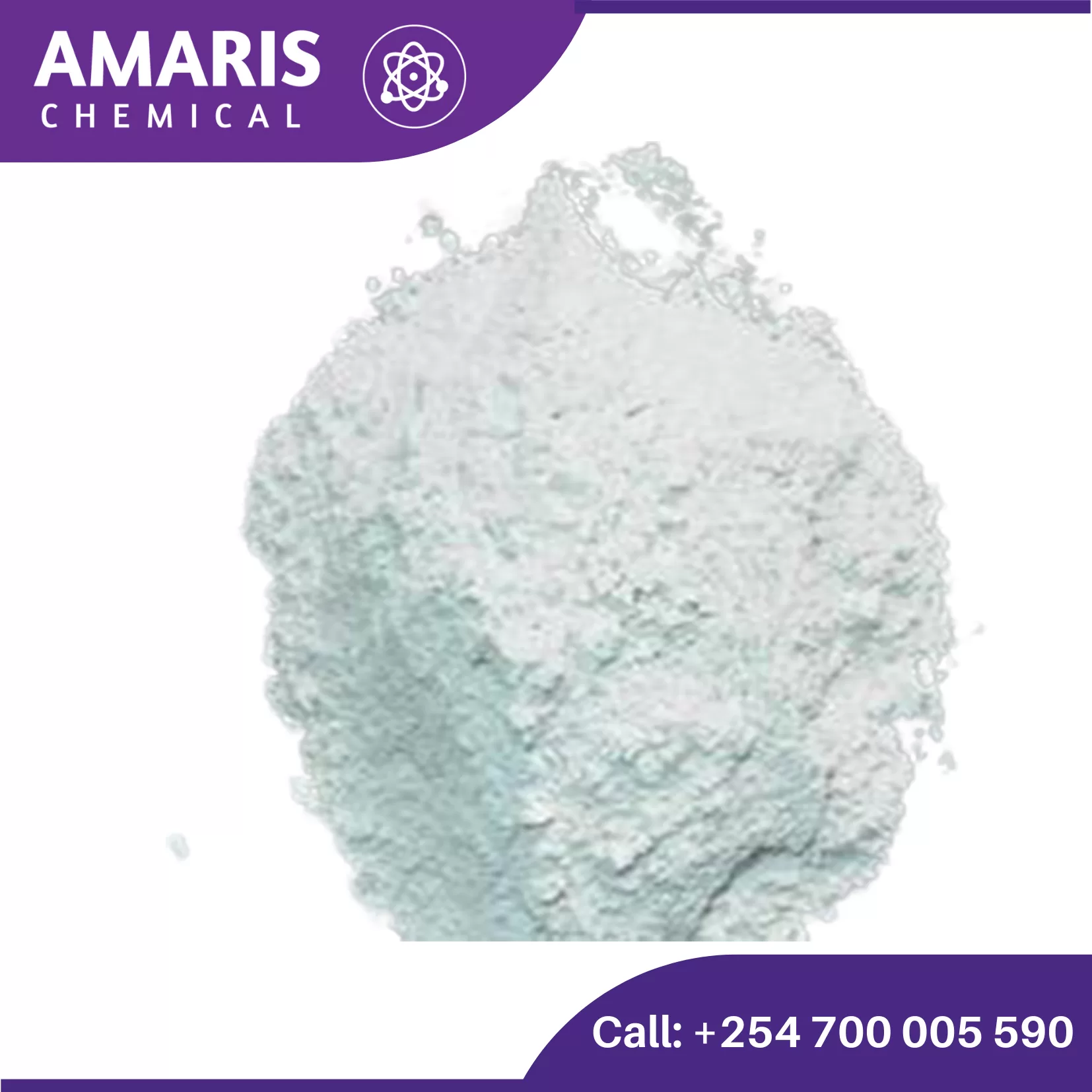
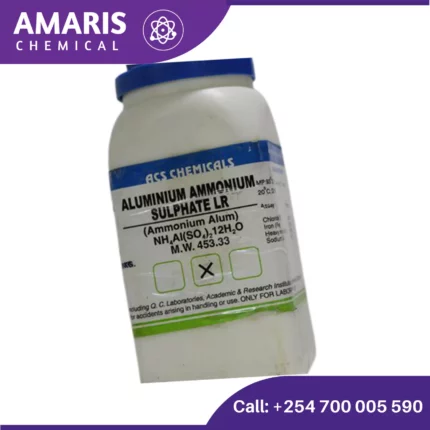
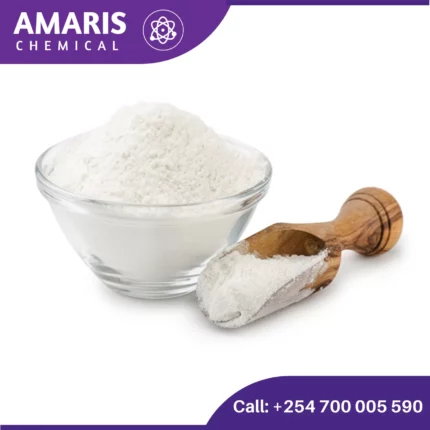
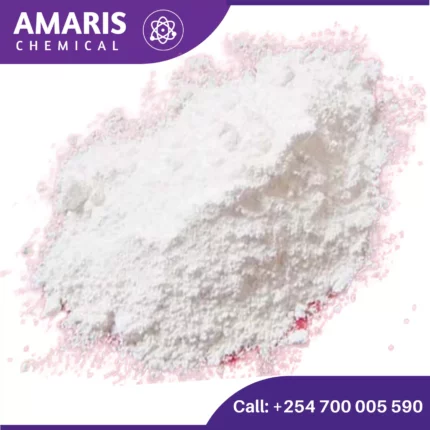
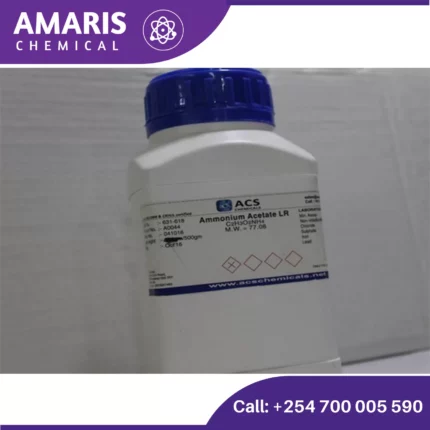
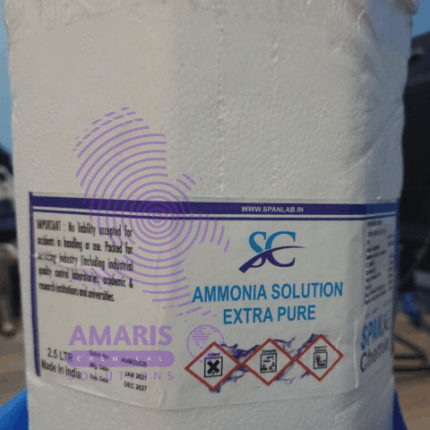
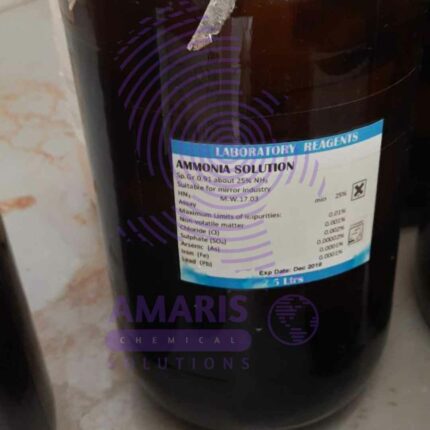
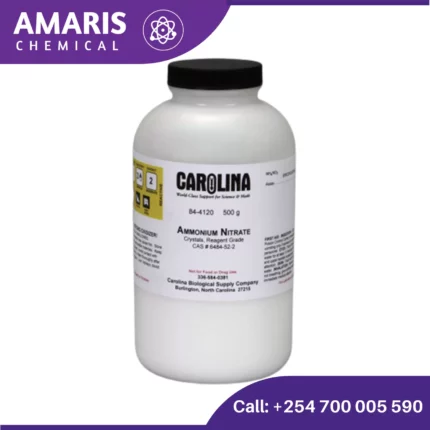
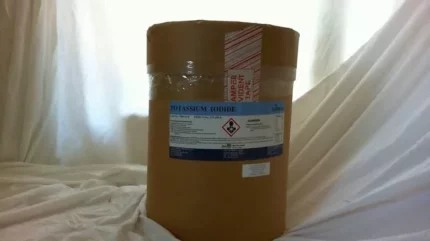
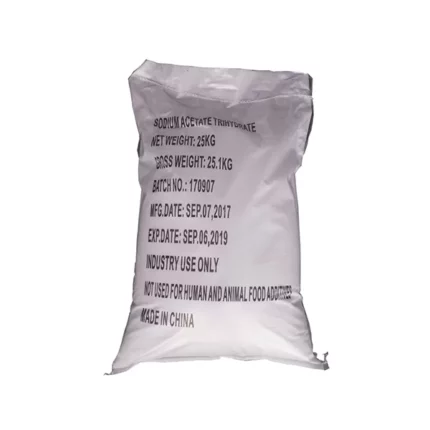














Reviews
There are no reviews yet.